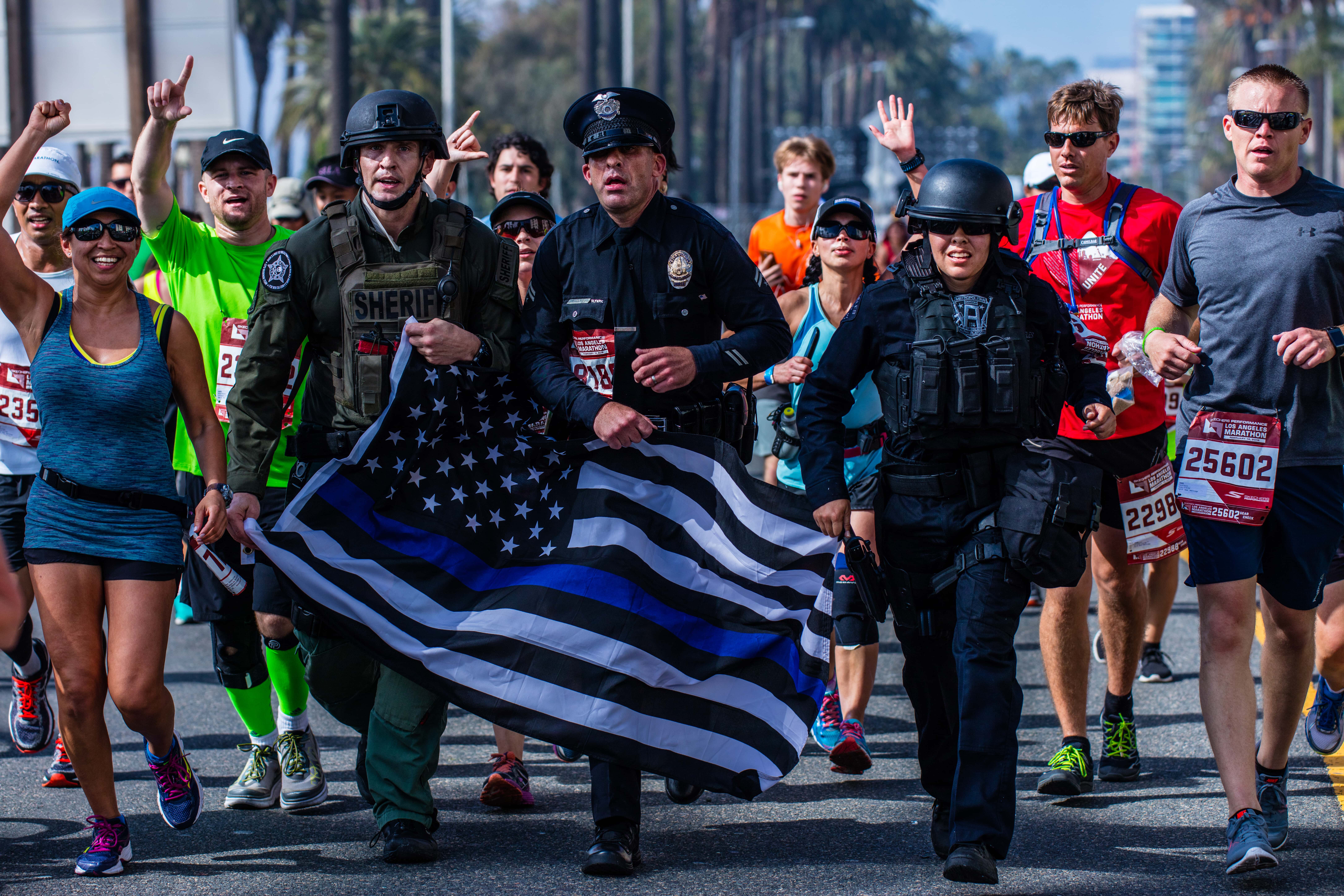“Ethics is knowing the difference between what you have a right to do and what is right to do.”
The Los Angeles Times would do well to consider that famous quotation of former United States Supreme Court Justice Potter Stewart in reviewing the paper’s factually accurate and well-written coverage of the case involving the murder of Los Angeles County Sheriff’s Deputy Juan Escalante by members of the violent Avenues street gang. (Driver in deputy's slaying provides details of attack in testimony, 9/23/10).
It is a universally well-known fact that it is extremely difficult to get people to cooperate in gang cases by testifying in court. Understandably, witnesses often have deep fears of retaliation by other gang members. That didn’t dissuade Times Staff Writer Victoria Kim from exercising extremely poor judgment in reporting the names of witnesses who testified at the trial. The Times even named a 15-year-old boy who is trying to disassociate himself from the dangerous and often retaliatory Avenues gang. He cried several times on the witness stand while testifying against the alleged shooter and an accomplice. Inexplicably, the article discusses his testimony at length, yet never mentions more material and relevant evidence that officials had obtained jail recordings, wiretaps and other confessions from the defendants in the case. Why not?
Here is a question for the Los Angeles Times: Why was it important for the public to know the name of the witness who testified? His name added nothing to the story and, in fact, the overwhelming majority of the people who read it would not know him. However, that name did have significance to the scant few who did know him, and with potential troubling consequences we outlined above. Further, if the purpose of the story was to tell the readers the strength/weakness of the case, shouldn’t the public have been informed of the additional evidence which bolstered the case?
Through her careless reporting, Kim and the Los Angeles Times handed a “green light list” to the Mexican Mafia and other Avenues gang members, needlessly compromising the safety of the witnesses named in the article. We join LAPD investigators, Los Angeles County Sheriff deputies and the District Attorney’s office in being appropriately outraged by what we see as a serious lapse in journalistic judgment and ethics.
There is an old saying, “Never argue with a man who buys ink by the barrel” and some have suggested that we not upset the Times with such a critical blog. Our view is simple: freedom of the press allows the Los Angeles Times to report what happens in a court of law. However, the simple question that apparently was not asked by Ms. Kim was, how does what she included and decided to exclude from this story advance readers’ understanding and evaluation of this case?
Going forward, we implore the Times to consider the safety of the witnesses in their coverage of gang member trials.
* Click here to read the LA Times’ response to this Blog story.











